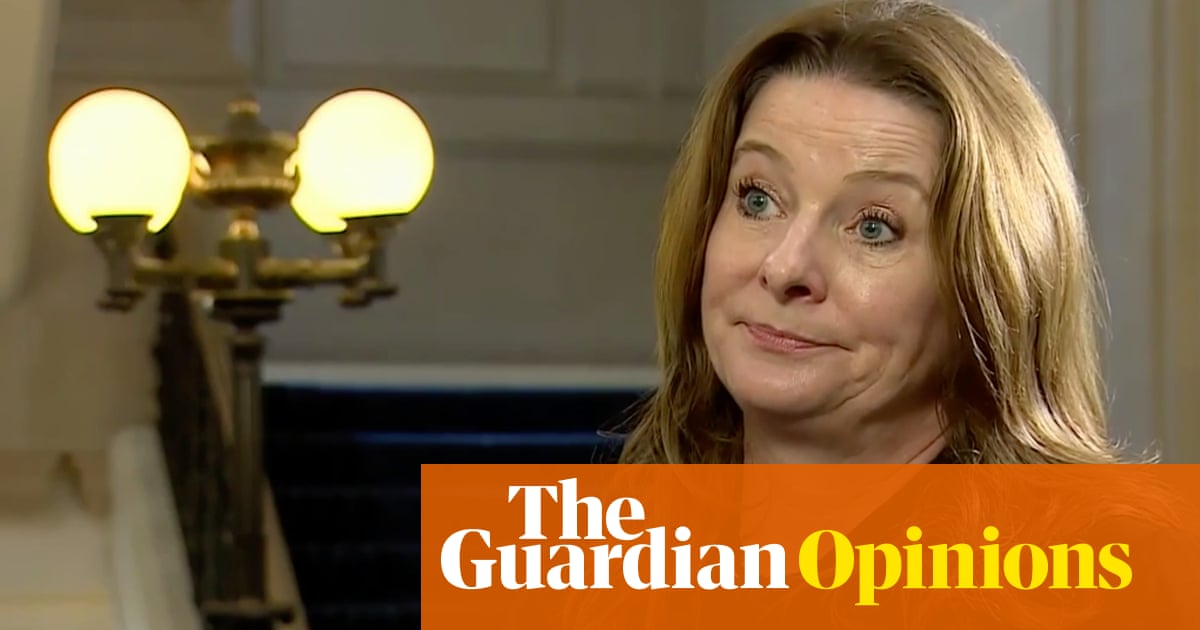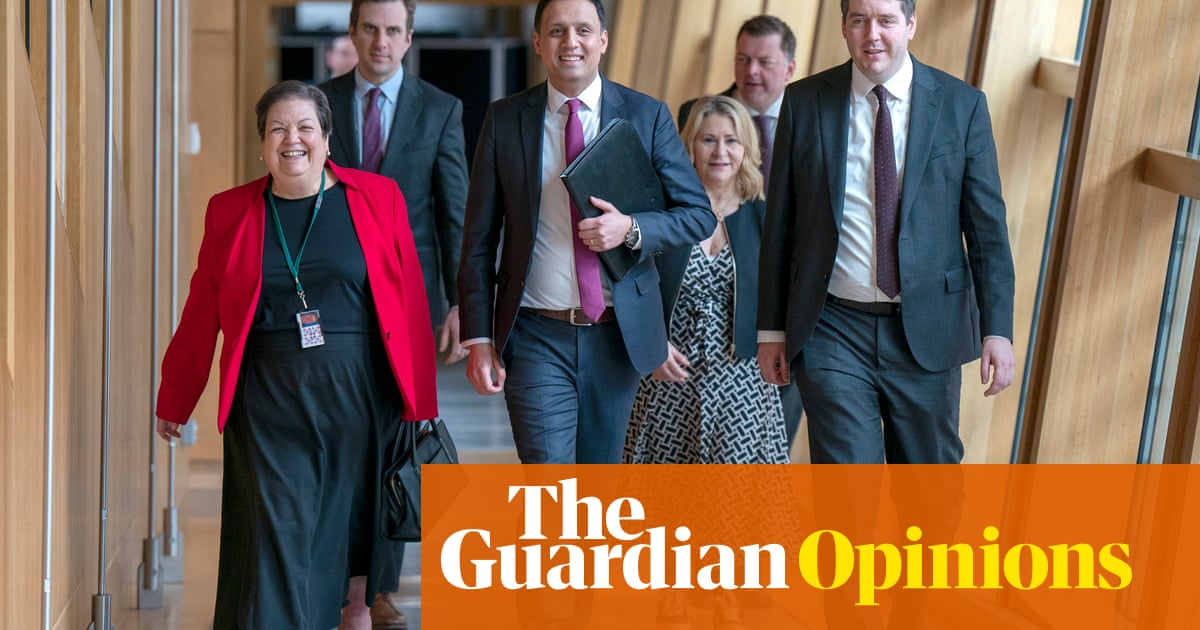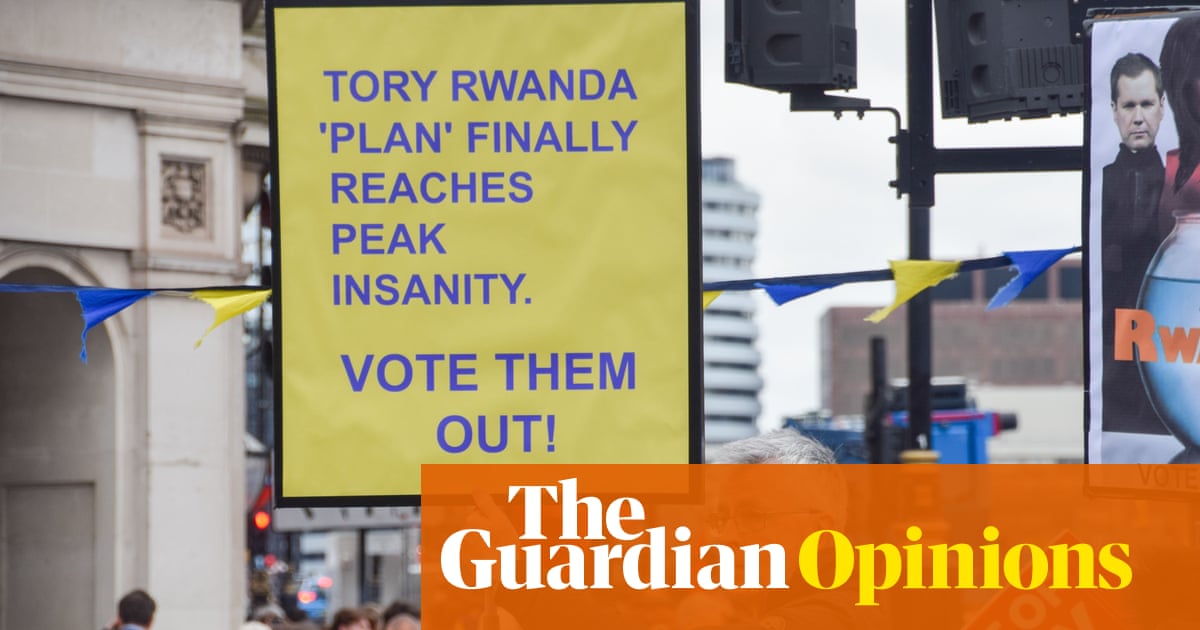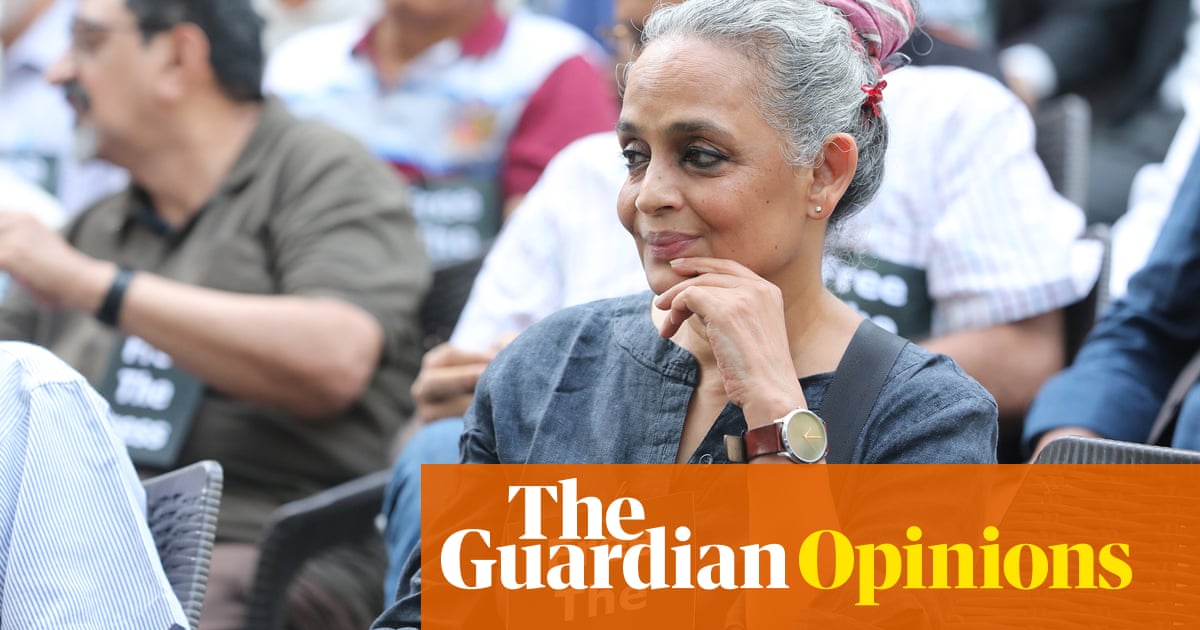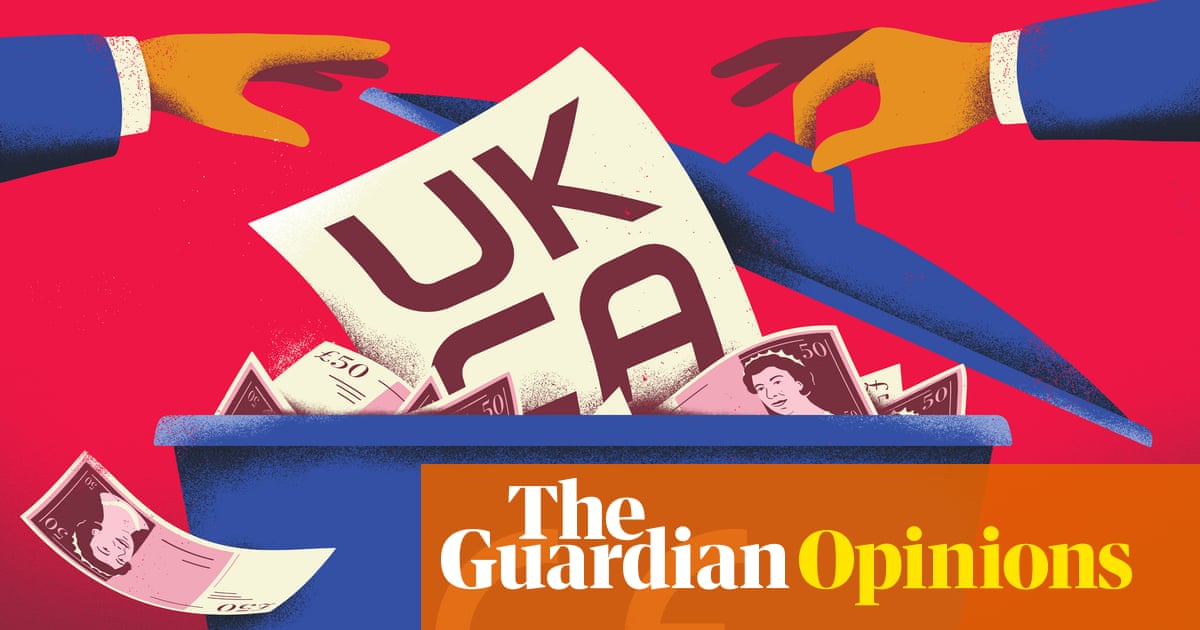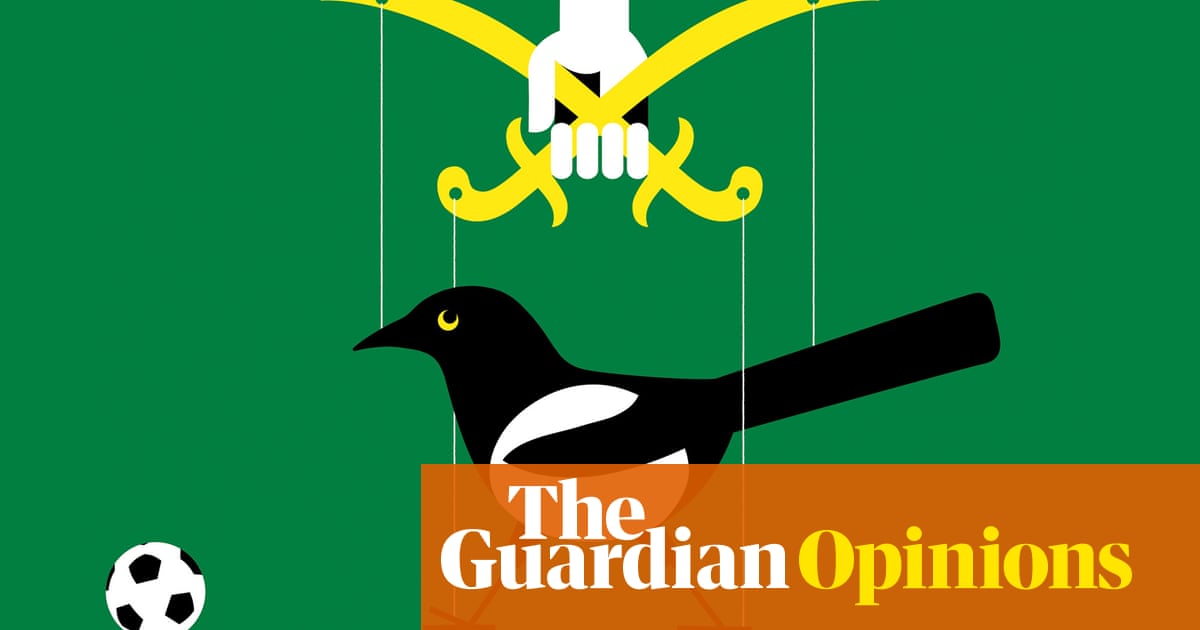
“It’s a fund.” There was something captivating about watching Tracey Crouch MP say these words in front of a parliamentary committee in December 2021; like the moment, six episodes in, when you realise – oh yes, of course – that your favourite character is actually a robot replicant too.
Crouch was responding to the suggestion during a discussion of the fan-led review of professional men’s football that Newcastle United’s ownership is in effect an arm of the Saudi Arabian government. And it was an impressive moment in other ways, evidence of the smartness, the excellent optics, of getting someone relatable and unaffected to front up this significant but still carefully circumscribed exercise in populism.
Crouch is not one of those corporate manager-style MPs who appear on your TV screen looking like a werewolf dressed up as an estate agent. She isn’t the type of Conservative party ideologue who seems to be genuinely angry about “distortions” to the market, as though the market is actually a coherent thing that has feelings and must never be disrespected, like the Force.
She certainly isn’t Boris Johnson, with his sniggering disdain for the people he must woo and befuddle, the sense the whole thing is a glorious swindle to be retold over someone else’s Coquilles Saint-Jacques, before whisking off, leaving the fridge door open, wiping your hands on the curtains and taking a piss in the sink.
Crouch has instead always seemed like a very reasonable person. Albeit one who, when it comes down to it, will still tell you that the moon really is made from boiled ham, that a fund is always a fund, and that everyone involved is just going to have to accept this.
With good reason too. As things stand there is a very powerful structural and political need for this to be true. The same process applies to any doubts surrounding the exciting new figure of Sheikh Jassim bin Hamad al-Thani, the billionaire from nowhere, spare gold bullion tumbling from his turn-ups, who has made it quite clear this is not the state of Qatar buying Manchester United; that he is a sheikh from Qatar but not a sheikh of Qatar.
And in a sense Sheikh Jassim is the Lee Harvey Oswald of Qatari sheikhs: we need him to be real, need the lone sheikh theory to hold up, to defy the magic bullet theory, the unnamed man behind the fence, the grassy knoll of his current role as chairman of the Qatar Islamic Bank.
Frankly the alternative, Qatar itself as a club owner, is just too difficult to countenance, from the Premier League having to cancel all future rainbow day stuff to avoid the obvious hypocrisy, to the UK government instantly freezing Manchester United’s business and sanctioning the sheikh because this is what they do when a football club is owned by an entity with links to a current military humanitarian disaster such as Ukraine or Yemen, in the process fearlessly imperilling Britain’s massive new development agreement with its gas supplier of last resort because, hey, some things matter more.
Happily though it seems this is not going to be a problem. It’s actually fine. There is nothing to see here. It’s a fund. It’s a random rich guy. Except, something does seem to have gone awry on the Saudi front. Someone has blundered. And as they say in the San Francisco federal court, this shit just got real.
On Tuesday lawyers for the Saudi Public Investment Fund filed documents in its ongoing LIV Golf case, disputing the need to provide documents to the court. The PIF, which is also the owner of Newcastle United, is doing this on the grounds that it is not actually a fund, but an instrument of government; and that its overseer Yasir al-Rumayyan (also chairman of Newcastle) is a politician not a private individual.
As the fund’s submission explicitly states: “The PIF and His Excellency Yasir Othman al-Rumayyan are … a sovereign instrumentality of the Kingdom of Saudi Arabia and a sitting minister of the Saudi government.” Wait. What?
Oh dear. The sale of Newcastle was waved through on the basis of specific “legally binding assurances” that what is being stated here is not true. Yet here we have other legally binding assurances that the opposite is the case. Which one is it? And where does it leave the unfortunate Tracey Crouch MP, who, if this is true, appears to have offered up false information, knowingly or not, to a House of Commons committee?
On the other hand, perhaps it is time, finally, for some straight talking. Can we just be real? Because the current state of affairs is unsustainable.
It is absurd that there has been no debate about foreign states buying up football clubs; and not just assuming control of these cultural institutions but taking a seat of power in the national game, having input into how the sport should look and feel, and ultimately into the distribution of resources and facilities within the British state. This is a moment of profound change in English football, and indeed English society. It needs to be exposed to the light.
We need, at the very least to be able to talk about it properly, without playing games or pandering to political allies, without having to gurgle endlessly on the internet about the East India Company or the activities of hedge funds.
Nation states owning football clubs: how has this come to be accepted and normalised? This is profound structural change, the equivalent of the British government buying Anderlecht, pumping in vast sponsorship deals with the NHS and Network Rail, with legions of Anderlecht fans angrily defending UK foreign policy on Twitter and holding banners saying: “Thank You Rishi.”
Even Fifa’s statutes contain a prohibition on “any kind of political interference” in domestic professional football. And rightly so. How could a sovereign state buying a football club, or taking a seat around the table of a domestic competition, ever be entirely innocent? If you’re not seeking to gain political advantage, well, you’re not doing your job.
The Premier League may investigate further those dear old legally binding assurances. But given the government’s tone, given the economic and tactical interdependence, there is already a sense here of standing off to one side, cowed by the spectacle, and simply watching this thing happen.





